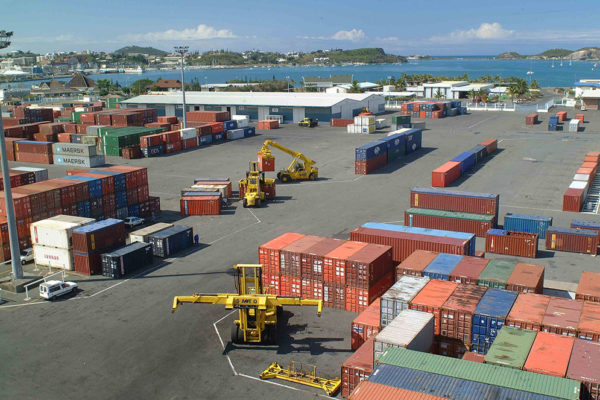MGI Resources
News, testimonials, videos, webinars, events and customer cases at your disposal to help you better understand the MGI universe.
Filters

27/04/2023 - MGI Talent
There’s never a dull moment at MGI and that suits him to a tee!
MGI Talent – Elhadji Kabirou Elhadji Kabirou discusses his twelve years with the company and some of the major milestones in his career and the life of MGI. After earning…
Read more
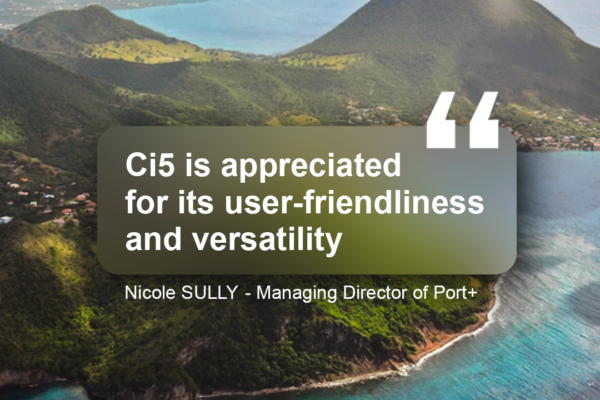
27/04/2023 - News
“Ci5 is appreciated for its user-friendliness and versatility”
2 years after Ci5 was launched in Fort de France, Ms Nicole Sully, Managing Director of Port+, answers our questions and shares her experience of over 16 years of collaboration…
Read more
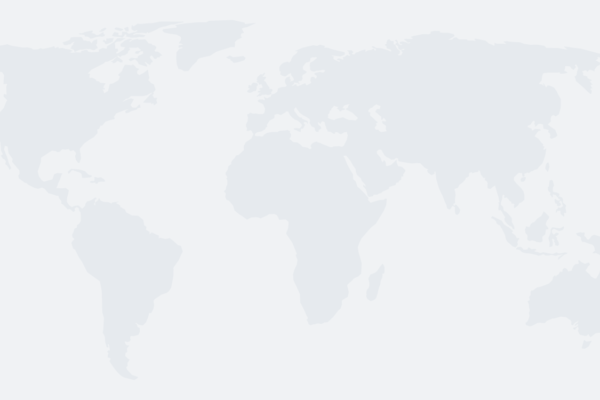
16/01/2023 - MGI Talent
Charlotte ROSA – The talent MGI (january)
From Paris to Sydney via Marseille and now the Basque coast, it is curiosity and the desire to create, transform and discover new things that finally led this great explorer…
Read more

21/12/2022 - MGI Talent
Jeremy GAUTHIER – the talent MGI (december)
From the little port of Sanary-sur-mer to Business Intelligence Jéremy Gauthier is passionate about his job, and tells us about his journey from his childhood in the Var region…
Read more
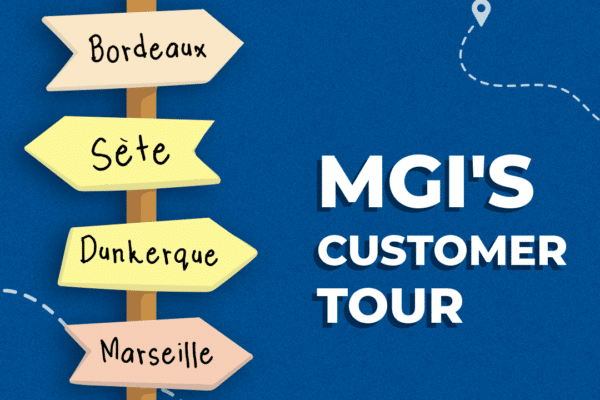
15/12/2022 - Press & media
Being close to our customers is a top priority at MGI
From Marseille to Dunkirk, Sète, Bordeaux, and overseas, Ci5 is celebrating milestones with MGI delegations and their port contacts Since its inception in 1985, MGI has been committed to…
Read more
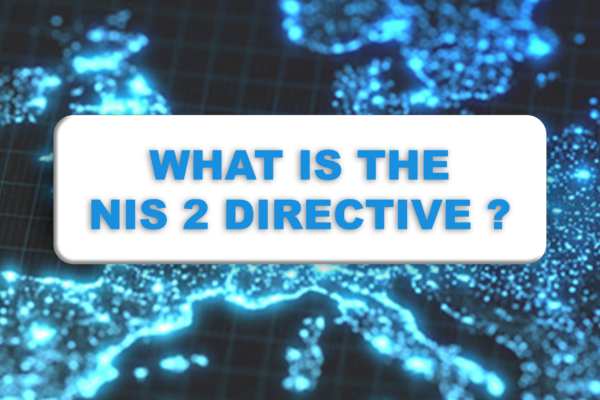
14/12/2022 - News
What is the NIS 2 Directive ?
On 10 November 2022, the European Parliament adopted the Network Information Security (NIS2) Directive which replaces the NIS Directive adopted on 6 July 2016, defining European-wide legislation on cybersecurity common…
Read more
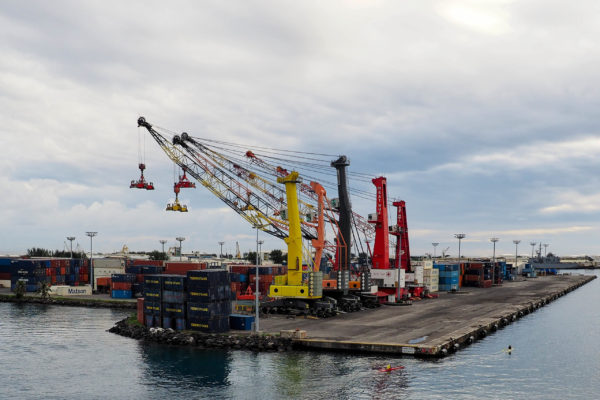
21/11/2022 - Customer cases
Papeete
Autonomous port of Papeete, French Polynesia
Read more
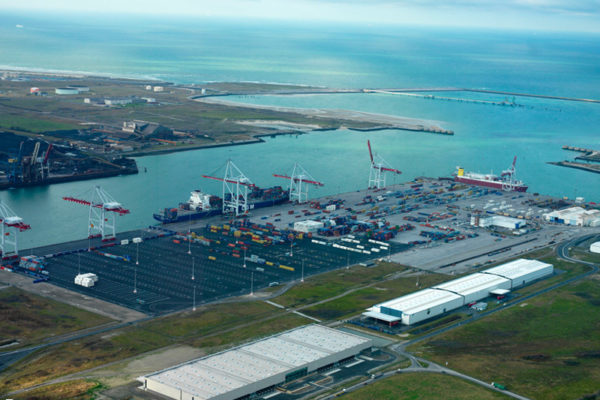
21/11/2022 - Customer cases
Dunkirk
A Port Community System for Hauts-de-France
Read more

21/11/2022 - Customer cases
Bordeaux
Bordeaux Informatique Portuaire
Read more

21/11/2022 - Customer cases
French Guiana
Dégrad-des-Cannes ports, river ports and airports
Read more
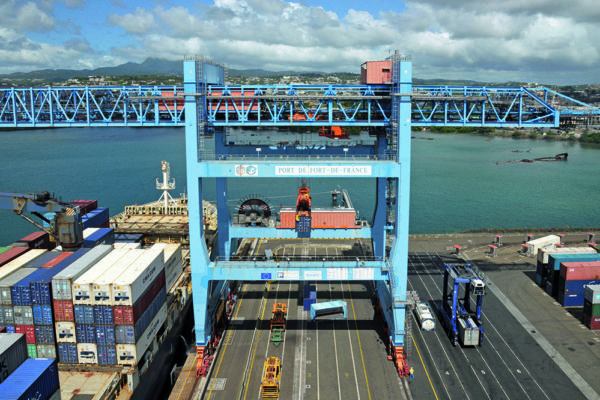
21/11/2022 - Customer cases
Martinique
Fort-de-France port and Lamentin airport
Read more

15/11/2022 - MGI Talent
Frédéric, Lead Developer of the M-customs platform and ICS (Import Control System) solution
Frédéric Blanc is a developer at MGI and works on the M-customs platform, which facilitates communication with customs systems across Europe. A keen interest since his childhood …
Read more

17/10/2022 - MGI Talent
Théo and his passion for innovation
Théo Guedu, innovation project manager. Thanks to Théo and our Innovation Lab, Marseille-based nugget MGI contributes directly to the performance and smooth running of French ports. From work experience…
Read more
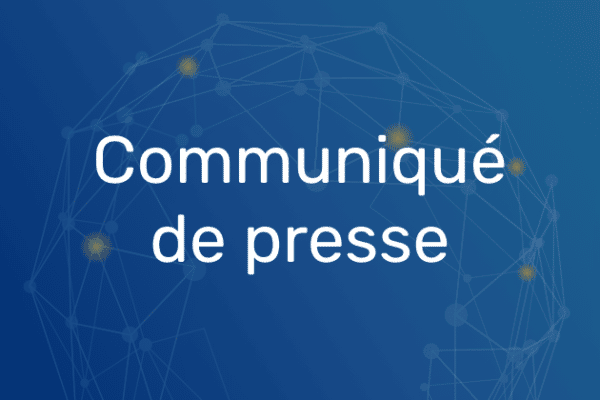
13/10/2022 - Press & media
The MGI Forum
The event which brings together players of the port world to discuss issues concerning the digitalisation and competitiveness of logistics chains
Read more

05/10/2022 - Press & media
Channel5 Flow
MGI's artificial intelligence solution is being modernised
Read more
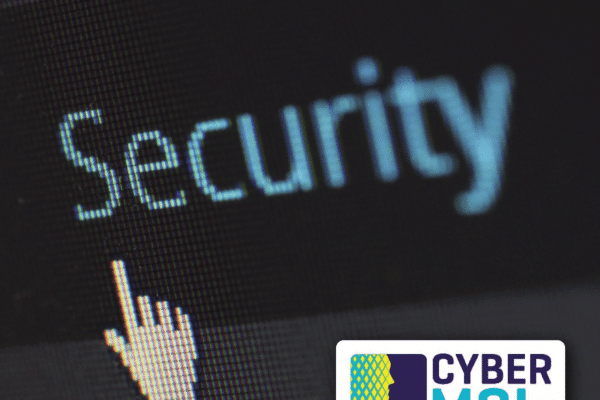
03/10/2022 - Cybersecurity
October is Cybersecurity Month, the 2022 edition!
TOGETHER AGAINST RANSOMWARE AND PHISHING In 2021, the ANSSI identified 1,082 proven intrusions into information systems - an increase of 37% in one year.... With the 4th edition of Cybermoi/s,…
Read more
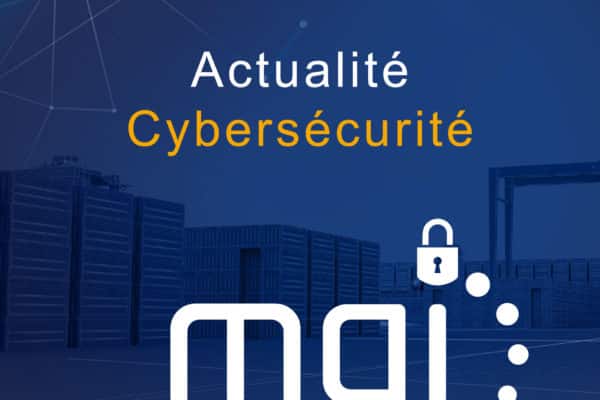
31/08/2022 - News
Spoofing: a new cocktail recipe for the summer of 2022? NOT AT ALL!
Spoofing refers to impersonation. It usually involves impersonating a trusted person online to spread computer viruses or spam. There are different types of spoofing, but SPOOFING by e-mail and telephone…
Read more

23/06/2022 - Press & media
Company changes and events
Changes to MGI's supervisory board and other news
Read more

07/06/2022 - Press & media
Da5: MGI’s business intelligence solution!
Launch of the new module of the Ci5 Port Community System which allows the combination, linking and analysis of port supply chain data.
Read more

19/04/2022 - Press & media
A first in 10 years for New Caledonia!
The port community now benefits from Ci5 in its full version.
Read more

24/03/2022 - Press & media
Meet MGI — the Port Community Systems experts at the SITL transport and logistics fair
Innovation, Transport and Logistics Week 2022
Read more

10/02/2022 - Press & media
We welcome the young with open arms!
Communication, HR, editing or sales... at MGI, professional integration is at the heart of the company
Read more

07/12/2021 - Press & media
French Guiana equipped with Ci5
A further step for MGI in the French overseas departments and territories
Read more

02/11/2021 - Press & media
New Caledonia modernises with the new-generation Ci5 Port Community Systems
Today, it is New Caledonia's turn to join the smart port trend!
Read more

01/07/2021 - Press & media
MGI introduces a freefone number to contact its support services
Read more

30/03/2021 - Press & media
Ci5 is up and running and revolutionising logistics in Martinique!
Read more

15/03/2021 - Press & media
The winners of the Hackaviz Smart Port data visualisation competition have been announced!
Read more

23/02/2021 - Press & media
Cooperation between MGI and TGI: Ci5 and OSCAR systems are fully interoperable.
MGI and TGI are strengthening their cooperation to interface the Ci5 PCS and the OSCAR TOS in Dunkirk, Longoni and Fort-de-France.
Read more

17/09/2020 - Connected Minute
MGI’s Let’s Connect — Audit, project and marketing management
Let's Connect is back and today it's Dominique Lebreton, Audit, Project and Marketing Manager at MGI and member of the board of directors, who gives us a little of his…
Read more

02/07/2020 - Press & media
Sète port on the way to becoming the smart port of tomorrow
On Thursday the 2nd of July, the port of Sète and the whole port community are bringing to life a new stage in the port's journey to become the smart…
Read more


